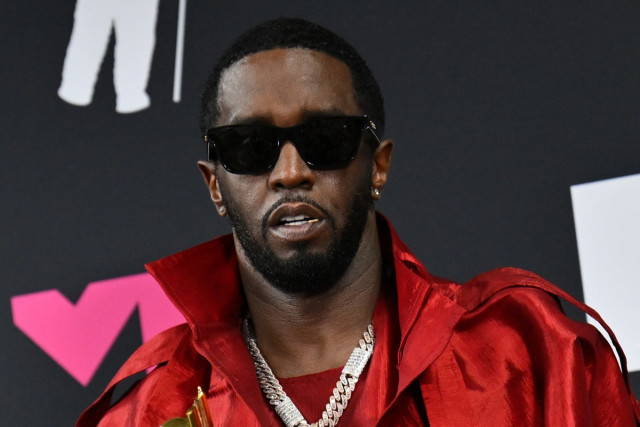Following weeks of meticulous testimony in the high-profile trial of Sean “Diddy” Combs, legal teams are set to reach a crucial point on Thursday as they present their closing arguments.
Both sides have indicated that their final summations will last several hours each, with the future of the once-powerful music mogul at stake.
Prosecutors argue that Combs, 55, orchestrated a prolonged pattern of criminal behavior, involving him and a close circle of associates in offenses such as forced labor, arson, bribery, and witness tampering.
They allege that he coerced two women – singer Casandra Ventura and a second woman who testified under the name Jane – into years of drug-fueled sex with paid escorts.
The most serious charge is racketeering, which entails the existence of a criminal enterprise engaging in a pattern of illegal activities, potentially resulting in a life sentence for Combs.
Additionally, he faces two counts of sex trafficking and two more related to transport for prostitution purposes.
However, Combs denies all allegations, with his attorneys arguing that the artist’s relationships were consensual and attempting to persuade jurors that many witnesses testified for motives such as financial incentives or jealousy.
Government witnesses included former assistants, employees, escorts, friends and family of Ventura, and a hotel security guard who claimed he was bribed with $100,000 in cash.
Testimony was also provided by law enforcement officials and a forensic psychologist among the 34 witnesses.
Combs chose not to testify, a typical defense strategy since they are not obligated to prove innocence but to raise doubt about the government’s case.
The evidence presented by the government comprised thousands of pages of phone and text messages, with some of the most explicit exchanges being read aloud in court.
While many messages suggested distress from the alleged victims, numerous others conveyed affection and desire, emphasizing the defense's narrative of consent.
Jurors were shown video evidence of the alleged criminal sex parties, while the defense presented communications they argued indicated consent. Also included in evidence were extensive financial records, documenting CashApp payments to escorts alongside flight and hotel itineraries.
Since the beginning of May, the trial has captivated the Manhattan federal courthouse.
Despite a ban on electronics, including phones and laptops, many influencers and content creators have been gathering outside the courthouse daily to share updates with their followers on social media.
Combs remains in custody and does not publicly enter or exit the courthouse, while several high-profile attendees and witnesses, such as family members and rapper Kid Cudi—who testified that Combs’s team burned his car—do appear.
The lengthy closing arguments are expected to conclude on Friday, though it is more likely that jurors will begin deliberations on Monday.
The world will then wait as twelve New Yorkers contemplate the fate of a man whose once-glorious reputation is now in ruins.




















